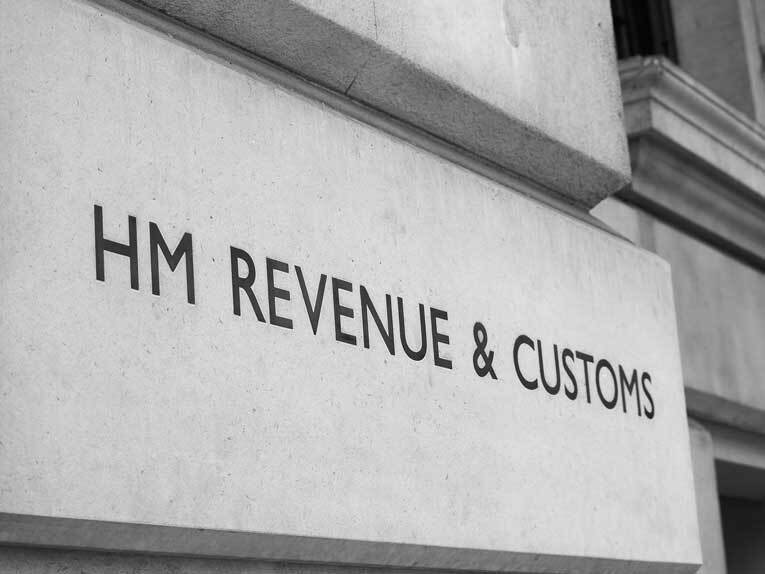What is a UTR number and how do you get one?
17 Dec 2019

Everyone who’s registered as self-employed with HMRC has their own Unique Taxpayer Reference (UTR) number.
It helps identify each individual, ensures that everyone pays what they owe and gets any rebates they need, and helps HMRC process tax returns quickly and efficiently.
Workers that register as self-employed automatically get assigned a unique string of 10 digits, but it’s not just reserved for individuals. Companies are also given a UTR number at registration.
If you think it sounds complex, you’re not alone.
However, UTR numbers are pretty straightforward when you know what they do and how you can get one. We’ve put together a list of commonly asked questions that will clear up any confusion you might have.
This article covers
What is a UTR number?
Your UTR number is a unique 10-digit number that’s issued by HM Revenue & Customs (HMRC). It’s used to identify individual taxpayers within the HMRC system, as well as companies, partnerships, trusts, and organisations.
HMRC automatically sends out UTR numbers when an individual or company registers with them or Companies House (more on that in a moment).
Why you need a UTR number
A UTR number is used by the tax office to identify individual taxpayers and individual companies. There are several instances where you’ll need your UTR number handy.
You’ll also need it for:
- Creating an online account with HMRC (this will become increasingly important as we move towards a digital-only Self Assessment system).
- Registering for certain taxes with the tax office.
- Filing Self Assessment and company tax returns and paying any tax due.
- Communicating with HMRC.
How to apply for a UTR number
“Applying” isn’t really the right term for the way you get a UTR number. Instead, you’re automatically assigned one when you register as self-employed or log your new company with Companies House.
HMRC will send you a UTR number when you do any of the following:
- Register for Self Assessment. HMRC recommends you notify them that you’re self-employed as soon as possible, however, you have up to 5 October of your business’ second tax year to do this.
- Register a partnership
- Form a new limited company
- Are an individual and have untaxed receipts (like rental receipts)
How quick is it to get a UTR number?
While HMRC automatically sends your UTR number out as soon as you register for Self Assessment or form a new company, there is sometimes backlog and it can take some time to reach you. This is why it’s advisable to register for Self Assessment as soon as possible.
HMRC states that it can take up to eight weeks for your number to come through, but it’s usually much quicker than this with an average wait time of around 10 working days.
Where to find your UTR number
It’s unlikely that you’ll be able to recite your UTR from memory, so if you haven’t written it down somewhere safe, you’ll need to know where to find it if you lose it or forget it.
You can find your UTR number on:
- Your annual Self Assessment tax return
- Any statements of account you’ve received from HMRC
- Your Self Assessment tax return reminder notices
- Any notices you’ve received to complete a Self Assessment tax return
- Your government gateway account (look in the top right corner when you log in)
Alternatively, you can request it on the phone by calling HMRC.
How to retrieve a lost UTR number
Lost your UTR number? Don’t panic! There are ways you can get it back.
The easiest way to do so is by calling up HMRC and asking them to send it to you again. Beware that this process can take a few days, so try and request it well in advance of the Self Assessment deadline.
Company and partnership UTR numbers
As well as sole traders, limited companies and partnerships are also issued with a UTR number.
As soon as you incorporate a company with Companies House, they will automatically pass the information across to HMRC who will issue a UTR number within 14 days of the company being registered.
Have you got your UTR number?
UTRs are important for managing your tax and Self Assessment.
Getting one is very simple and is automatically sent as soon as you register as a sole trader, limited company, or partnership. Remember to make a note of your UTR number (or at least make a note of where you can find it) so you have it handy at all times.


